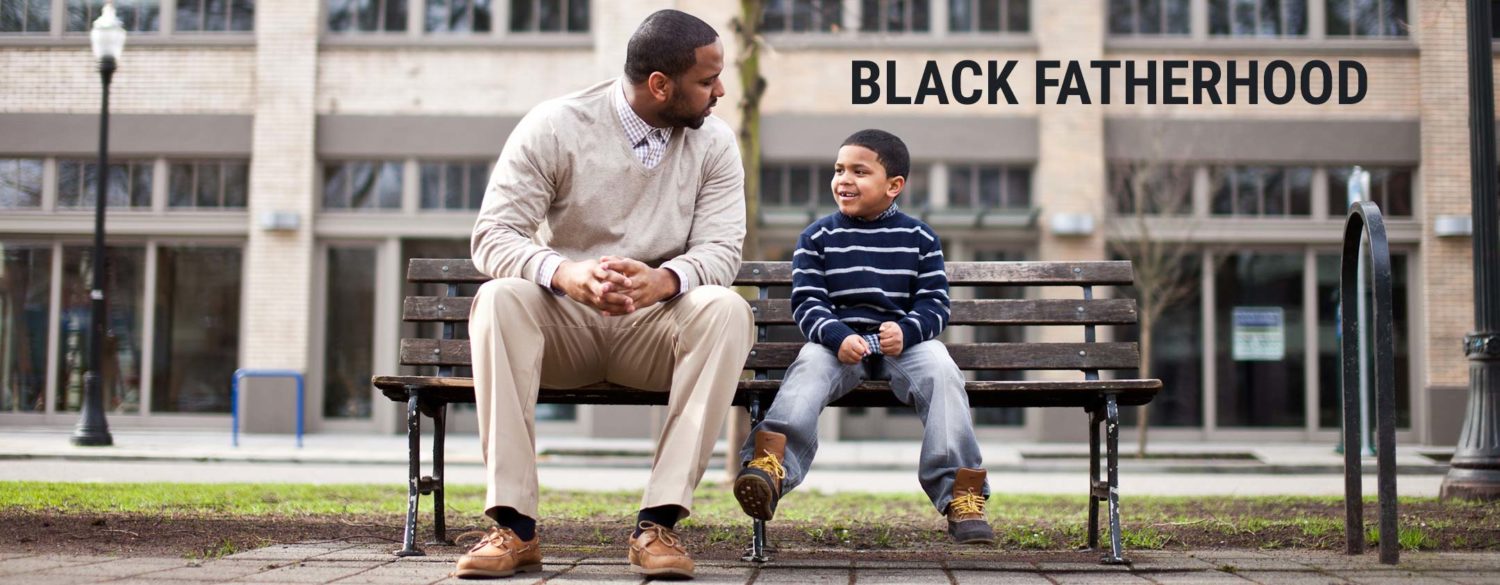A bill that aims to increase state funding for private school tuition and home schooling has been passed by the House Education Committee in Georgia. Under the proposed legislation, students who would otherwise attend low-performing schools would be given $6,500 educational vouchers. The bill, known as Senate Bill 233, has been revised and will now be considered by the full House.
Historically, voucher bills have not received much support in the House. However, this year, Republican House Speaker Pro Tem Jan Jones has been one of the driving forces behind the push to broaden state funding. The proposed legislation is part of a nationwide Republican initiative to introduce education savings accounts in response to the COVID-19 pandemic and the ongoing culture war debates about what should be taught in public schools.
Supporters claim that vouchers for private school tuition, home schooling supplies, therapy, tutoring, and even early college courses for high school students would help students who are not well-served by poor-performing schools. However, opponents argue that the proposed legislation will divert needed funding from public schools and will subsidize institutions that discriminate against people who do not share their social and religious views.
The program will only be funded in years when the state fully funds its $12.5 billion K-12 funding formula. Local public school districts will keep their property tax dollars allocated for public education. The proposed legislation would only benefit children who live in the attendance zones served by the schools scoring in the lowest 25% of the state’s academic rating system.
The bill would be funded annually, and the amount would be determined by lawmakers, likely leading to an annual fight over funding. If even 1% of Georgia’s 1.75 million public school students were given money, that would cost more than $110 million a year. If there is not enough money to meet demand, the state would prioritize giving the $6,500 to students with certain educational disadvantages.
Georgia already has programs that give vouchers for special education students in private schools and $120 million a year in state income tax credits for donors to private school scholarship funds. However, critics claim that it is impossible to tell how beneficiaries are doing academically. The new bill would mandate that children who use money to enroll in private schools must take Georgia’s standardized test in third through eighth grade and once in high school, just like public school students.





